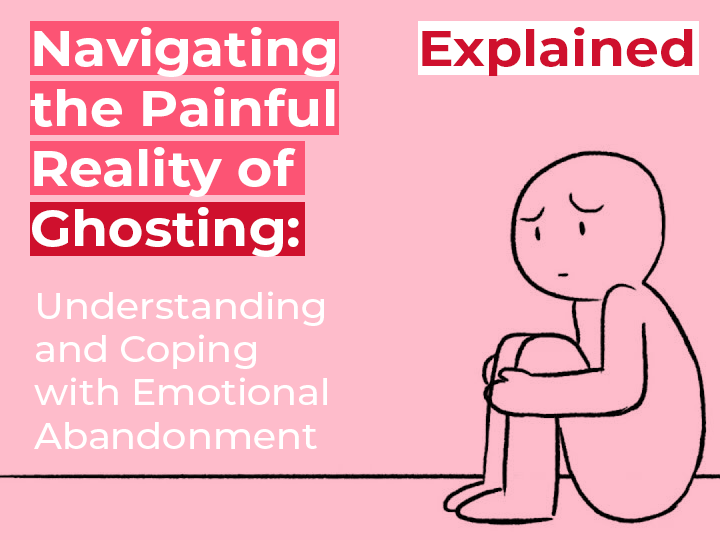
Ghosting is a term that has become increasingly prevalent in recent years, particularly in the realm of social media and relationships. The concept of ghosting refers to the act of ending a relationship or connection without any explanation or warning. This can happen in any type of relationship, but is most commonly seen in romantic relationships or friendships.
Ghosting is a form of emotional abandonment, where one person simply stops responding to the other person's messages, calls, or attempts to make contact. The person being ghosted is left feeling confused, hurt, and often wondering what they did wrong.
There are many reasons why someone might choose to ghost someone else. Sometimes, the person doing the ghosting is simply not ready for a relationship or is not interested in the other person. Other times, the person may be dealing with personal issues or may be afraid of confrontation. In some cases, the person may ghost another person as a way to avoid dealing with difficult emotions or feelings.
Regardless of the reason, ghosting is a hurtful and disrespectful way to end a relationship. It leaves the person who was ghosted with no closure, and can cause them to question their own worth and self-esteem.
If you have been ghosted, it is important to remember that it is not your fault. The person who ghosted you made the decision to end the relationship in this way, and it is not a reflection of your worth as a person. It can be helpful to talk to friends and family, and to seek professional help if you are struggling with the aftermath of being ghosted.
If you are considering ghosting someone else, it is important to remember that it is not a kind or respectful way to end a relationship. Instead, consider having an honest and open conversation with the person, even if it is difficult. It may be harder in the short term, but it will ultimately be more respectful and fair to the other person in the long run.
In conclusion, ghosting is an increasingly common phenomenon in today's society, particularly in the realm of social media and relationships. It is a form of emotional abandonment, where one person simply stops responding to the other person's messages, calls, or attempts to make contact. It is important to remember that ghosting is not a kind or respectful way to end a relationship, and that it can cause the person who was ghosted to question their own worth and self-esteem. If you have been ghosted, it is important to seek support and closure, and if you are considering ghosting someone else, it is important to have an honest and open conversation instead.
It is also worth noting that ghosting is not limited to romantic relationships. It can also happen in professional relationships, such as in the workplace or business setting. An employee may ghost their employer by suddenly quitting without notice or explanation, or a colleague may ghost their team members by disappearing from group projects or meetings.
This type of ghosting can have serious consequences for the employer or team, as it can disrupt workflow and leave projects unfinished. It is important for employers and team leaders to have open and clear communication with their employees and colleagues, in order to prevent ghosting from occurring and to address it if it does.
Overall, ghosting is a harmful and disrespectful behavior that can have serious consequences for all parties involved. It is important for individuals and organizations to prioritize open and clear communication in order to prevent ghosting and to address it if it does occur.